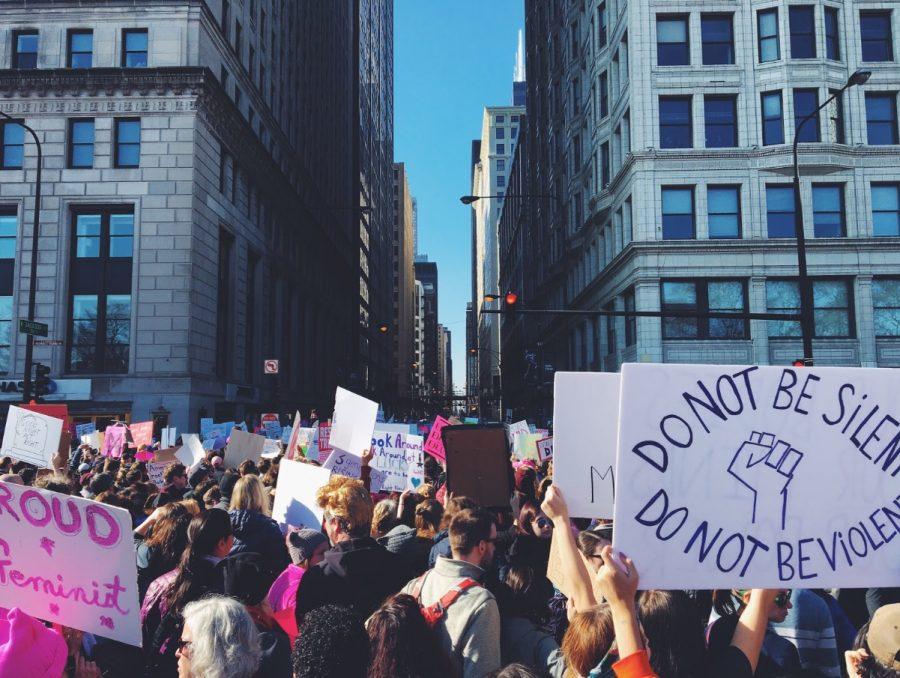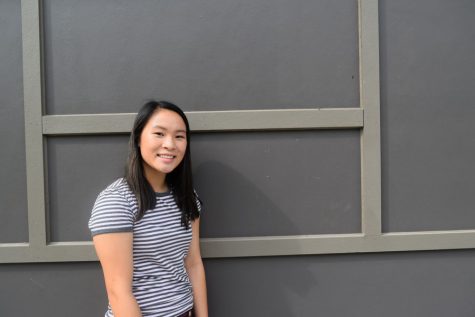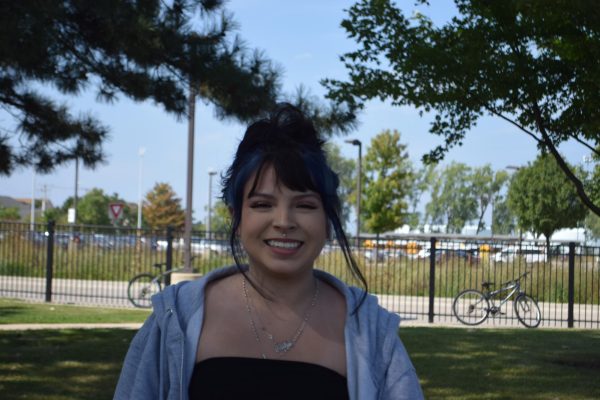Women and supporters march on Trump
February 8, 2017
Saturday, Jan 21, 2017, over 250,000 people flooded the streets of Chicago to march in response to the newly inaugurated president Donald Trump.
This march was caused by the definite rise in concerns for the future of women and other marginalized groups in the United States under the presidency of Trump.
Many individuals feared that the new president would inflict a greater social, economic, and political divide, and that the oppressed will face an increase in discrimination.
Women and supporters of all backgrounds, ethnicities, cultures, and sexual orientations who wanted their voices heard gathered in Grant Park to listen to speakers who urged the crowd come together and actively advocate for equality, stressing to not forget about minorities and other groups whose voices may not echo as loud in society.
“The environment was very empowering because so many people united toward the goal of equality.” Student at Palatine High School, Emma Raby said. “I saw various posters supporting different causes from planned parenthood, to LGBT+ rights which was truly inspiring”.
No doubt did these marchers make history. It was proud to be announced as the largest U.S. presidential inauguration demonstration ever. These marches even caught worldwide attention, drawing over 4.8 million people, including 676 cities, 137 countries, with all seven continents involved.
“I marched to stand in solidarity and show my support for marginalized groups across America who face oppression everyday,” Sophomore at Palatine High School, Shamoun Daudi. “And show them, and everyone else, that they are supported, and we stand together.”
Chicago’s march was not the largest of all that occurred that day,that title would have to go to the Women’s March on Washington D.C., it was said to be the second largest one.
AP U.S. History teacher from Palatine High School, Leslie Schock, had the opportunity to travel to the march on Washington D.C.
“I marched because I care about people who have less access to opportunity than me,” Schock said. “Based on their socioeconomic status, race, religion or sexual orientation.”








